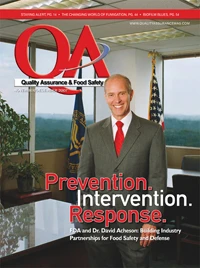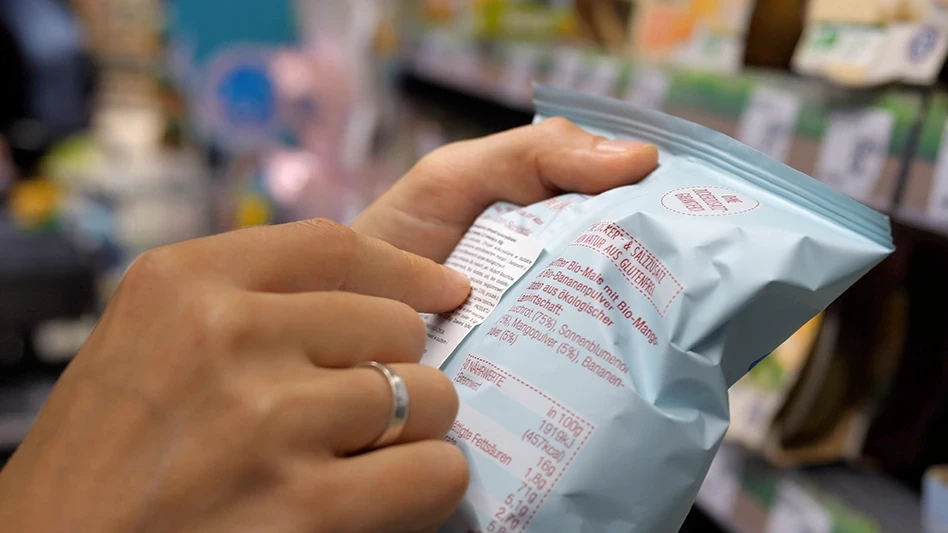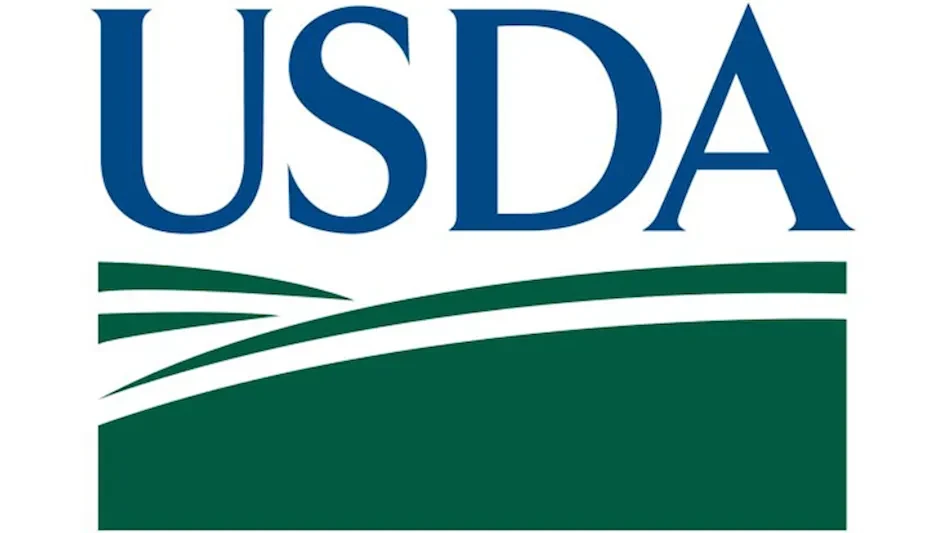The state of today’s industry calls for producers and manufacturers — and so by association, auditors and assessors — to always work faster, to always get more done in the same amount of time. This time crunch can really put a strain on performing quality audits, and the people performing them. Is it possible to quickly assess a quality system? Yes, on the surface. If problematic indicators exist during a visit, a formal audit should be initiated; unannounced. But how does one go about assessing quality programs quickly and in an objective manner? Here are a few ideas.
Have you heard the saying “time is of the essence”? There are times when QA professionals must assess quality quickly and in an objective manner. Visiting a supplier, a potential co-manufacturer or a distribution center are a few examples. Think of those places where quick visits may have replaced audits, especially in cases where time was of the essence. Here are some tips on what to look for when you have to assess quickly and efficiently. But remember: A quick assessment should never replace a full, formal audit when conditions mandate one.
WHERE TO START. Assessing a quality system is a basic function and should not be abbreviated. Where is that plant or distribution center on your quality scale of maturity continuum? Knowing the basic requirements for products being produced or distributed is essential to understanding the process. Here are 12 must haves that would require closer examination.
1. Site and Food Security
2. Formulas
3. GMPs and HACCP
4. Specifications
- Ingredients
- Process
- Package Materials
- Finished Products
5. Quality Holds and Lot Traceability
6. Thermal Process Compliance
7. Self-Assessments
8. Quality Policy
- Corporate Directive
- Directive Intent
- Critical Risk Areas
9. Quality Procedures
- What is Provided?
- Outlines Requirements
- Scope
10. Quality Specifications
- Standards
i. Primary
ii. Secondary - Part of the Policy
- Details Parameters
11. SOPs and SSOPs
12. Verification and Validation
- Compliance
- Confirms Policy
Self-assessments are critical to the maturity continuum. If self-assessments are not in place then other requirements for products being produced are likely not in place. There are times when variances from standards occur, especially for unplanned times. These variances can lead to a better standard overall.
TAKE A LOOK IN THE MIRROR. Self-assessments and related activity are a vital part of any system. Assessments should be conducted by in-house personnel and corporate staff in addition to selected external sources. Using a reliable, third-party source is a practical solution for assessing plant quality systems and conducting supplier or distributor visits or audits. Evaluations are timely, consistent and well documented.
KEEP AND EYE OUT. If you are visiting a supplier, a supplier prospect, a potential co-manufacturer or a distribution center, direct your conversation to these twelve must haves. Listen closely for any problematic indicators that may raise a yellow — or even a red — flag. You can make an objective determination of whether a formal audit would be in order in the near future or maybe even during a more-lengthy visit.
The author is an accredited associate of The Institute for Independent Business, a certified professional instructor and a certified instruction designer with more than 30 years experience. He can be reached at odosland@giemedia.com or at 816/436-1627.
Auditor's Soapbox
Many times, QA professionals are asked for an opinion without sufficient facts. To provide an opinion without facts can be a political maneuver unfairly harmful to others and should not become a QA activity — even if pressured to do so. Quality assurance work should consist of science, statistics and other objective, factual measurements. Decisions are easier if you have the facts. Although getting the facts can be hard work, performing your due diligence and managing by the facts will lead you to become a more effective QA manager.

Explore the December 2007 Issue
Check out more from this issue and find your next story to read.
Latest from Quality Assurance & Food Safety
- FSIS to Host Virtual Public Meetings on Salmonella Framework
- Climate-Smart Soybeans Enter U.S. Market
- Yoran Imaging Introduces Thermal Imaging-Enabled System for Induction Seal Inspection and Analysis
- GDT Highlights Food Safety Solutions for Food Processing and Packaging Facilities
- FSIS Issues Public Health Alert for Ineligible Beef Tallow Products Imported from Mexico
- Wolverine Packing Co. Recalls Ground Beef Products Due to Possible E. Coli Contamination
- McDonald’s USA, Syngenta and Lopez Foods Collaborate to Help Produce Beef More Sustainably
- Divert and PG&E Announce Interconnection in California to Address Wasted Food Crisis





